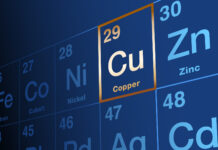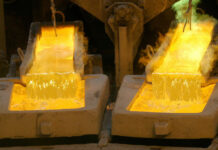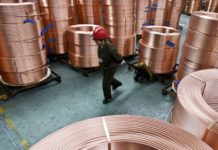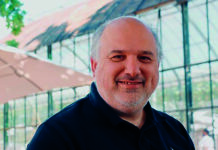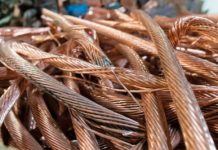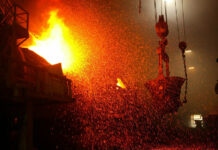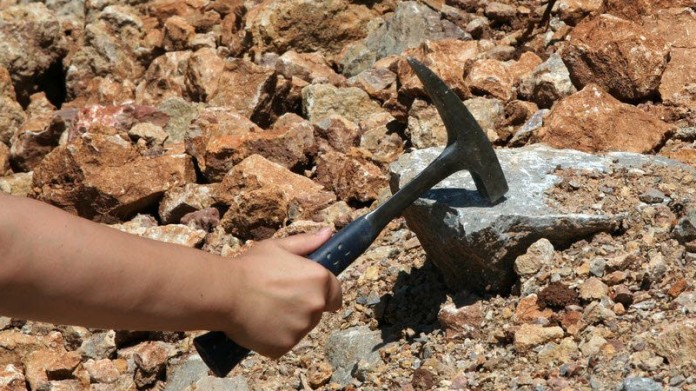
THE mobile rings during an interview with Anthony Viljoen, CEO of Afritin Minerals. I tell him he can take it. “Don’t worry,” he responds: “It’s a trader trying to buy some tin from the mine”. Apparently, it doesn’t do to sell metals too early to traders, especially if you want to get a good price.
Afritin, a company listed in London, is hoping to re-open the Uis mine in Namibia. The mine was formerly operated by the steel manufacturer, Iscor, but it’s been closed for years. However, given the way the tin resource is deposited – in discrete packages – it’s relatively easy to operate open cast mining operations. As a result, getting into production is not the trial you may expect, particuarly compared to, say, re-opening an underground mine with the steelwork, flooding and ventilation challenges.
Viljoen thinks the timing is good. The tin market is facing a severe supply deficit and ownership of supply is fairly concentrated, hence the interest of the trader whose call was ignored, at least for now. If all goes well, production on a pilot plant level will kick off in the second half of this year.
Afritin is one of several exploration plays that are making their way back into the purview of investors. It isn’t listed in Johannesburg, but others are. Kibo Mining is building integrated coal-to-power modules in Tanzania and Botswana while Orion Minerals is hoping to breathe new life into the Northern Cape province’s base metals industry.
Another is Tawana Minerals, a lithium development firm with assets in western Australia. It is hoping to separately spin out an exploration portfolio that includes a prospect in Africa. And then there’s Alphamin: as with Afritin, it has recognised in the primary tin concentrate market a potentially significant supply deficit.
According to Viljoen, the commodity super cycle is alive and well notwithstanding the price climb-down in commodity prices which occurred from 2012 to about 2016. Since then, the market for metals and minerals has both recovered, and changed. Whereas industrial demand, mainly from China, previously drove minerals and metals demand, the fresh impetus behind the current super-cycle is consumerism.
In addition to steel-feed minerals such as iron ore and manganese, China wants more of the tin that goes into transformers that, in turn, make mobile phones work.
Whilst this has long been the case, the level of demand is growing sustainably. Perhaps most importantly, supply can’t keep pace. It’s the same for lithium and cobalt which are used in the manufacuture of electric vehicles.
Citing the Massachusetts Institute of Technology, UK brokerage SP Angel, singles out old-fashioned tin as the metal tipped to be most exposed to new technology from electric vehicles to robotics. Rio Tinto, the Anglo-Australian group, has cited an interest in buying tin production having sold nearly all its thermal coal mines. If ever there was an indication of how the super-cycle has changed, that must be it: bulk, unbeneficiated minerals swapped out for specialised metals-in-concentrate.
As for Afritin, Viljoen said the company was looking for new shareholders and, unlike many juniors seeking to introduce heavy-hitting institutional investors, the company’s directors are happy with retail interest in the stock. He acknowledges, in fact, the UK listing wasn’t entirely ideal as Afritin’s assets were held in Bushveld Minerals, the parent entity that also has a UK listing but which is focused no the development of vanadium in South Africa.
“A lot of the shares went to Bushveld shareholders and they have been sellers. I suppose there should have been a restraint in place. Then some 75% of the share register is made up of four groupings which leaves a free-float of about 15%. So now we are trying to bring in retail shareholders through private client brokers in London. What’s helpful about retail investors is they bring liquidity. We are seeing some generalist investors coming back into the market and we think that’s a good thing,” he said.






